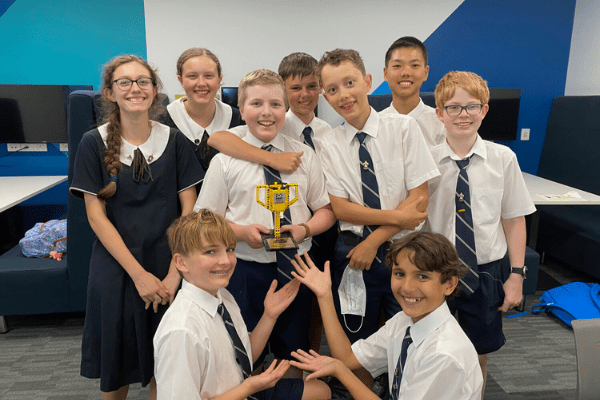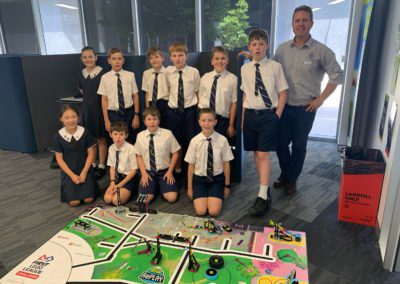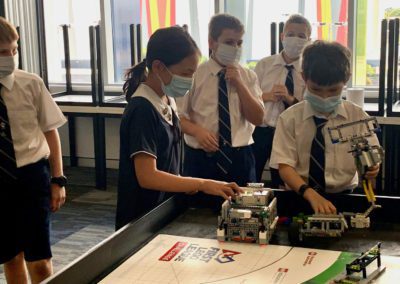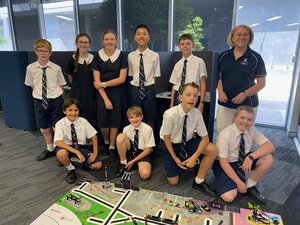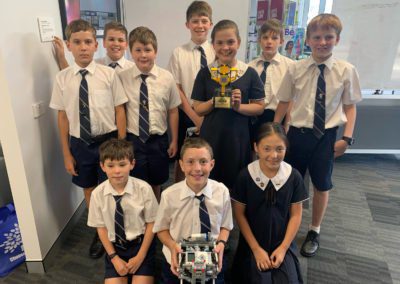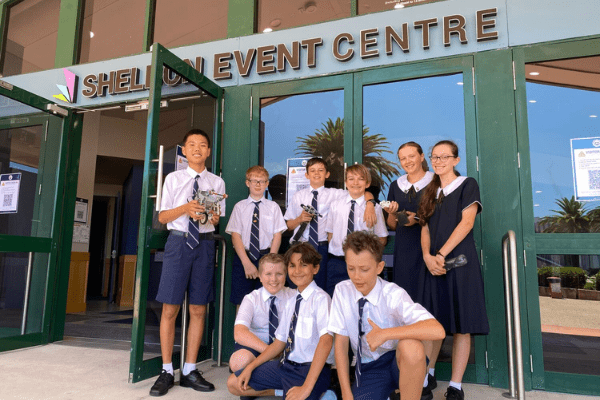
The excursion also provided a great opportunity for the students to explore some of the landmarks of Brisbane including the ‘Cube’ – the Science and Technology Centre at QUT, the eSports Centre at QUT, Geocaching in the Botanical Gardens, and some team building at ‘FOX in the Box’ Escape Rooms.
Before the students switched into holiday mode, we asked a few of them about their adventures and the challenges they faced.
As a Robotics Programmer, my job was to program the robot to do each challenge. The best part of this job was being able to test the robot.
On the competition day, my job helped the team fix robot errors. My favourite part of the trip was going to Brisbane Fox In The Box Escape Rooms.
Lauren Pratchett (Year 7)
As a Robot Engineer, my main task was to design the robot so that it was compact and could complete given missions with specific attachments. The best part about my job was the laughter that went through the room every time our robot failed to accomplish what we wanted. On the day of the competition, things did not go accordingly; nevertheless, we tried our hardest to improve everything, so from the start of the day to the end, we were able to spread only positive messages. Another exciting part for me was to share this experience with my dad, who as a Robotic Engineer, has always taught me the love for technology.
Overall my favourite part of the trip was all the fun team moments that allowed as to forge such great friendships with each other.
Bjorn Hyseni (Year 7)
As a Robotics Programmer and engineer, my job was primarily to solve challenges on the robot game board. The best part about this job was to work with my other coders and robot builders to achieve the missions. On the day of the competition, on our first run, we ran into some problems, such as the four-motor rule and not being allowed to have overhanging parts of the robot outside the start zone. To get around this, I changed one of our attachments to a pusher so that we got rid of a motor and changed the code and I also changed the code of one of our other challenges to get it to start inside the zone. My favourite part of the trip was definitely the competition day, where we all got together and got to present our innovation project, and complete the robot challenges. I think it was a great day for our team to bond and work together.
Do Young Park (Year 7)
The pancake metaphor: the first pancake of a batch is always burnt- you need to learn how many bubbles it takes for that specific batch to cook before they taste good. We came up with this metaphor on the competition day after we had the most delicious pancakes for breakfast and we now refer to the whole event (and our robot) as the first pancake – terribly burnt, but a necessary experience. I think we did alright with the robot design, innovation project and core values, but the robotics side of it was, uh, severely overcooked.
However, though winning is nice and all, I guarantee you that we wouldn’t have laughed nearly as much if our robot had actually behaved. I figure in 20 years’ time, we’d all have probably forgotten about an event in which everything went right for us. But I bet we’ll always have a good laugh remembering the time where it seemed almost everything went wrong… except for the food, of course.”
Rose Ioannou (Year 9)
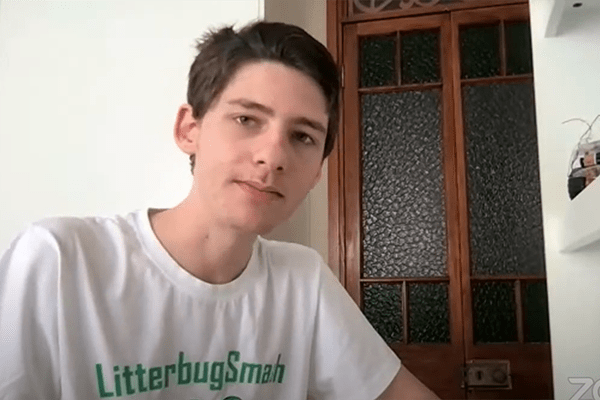

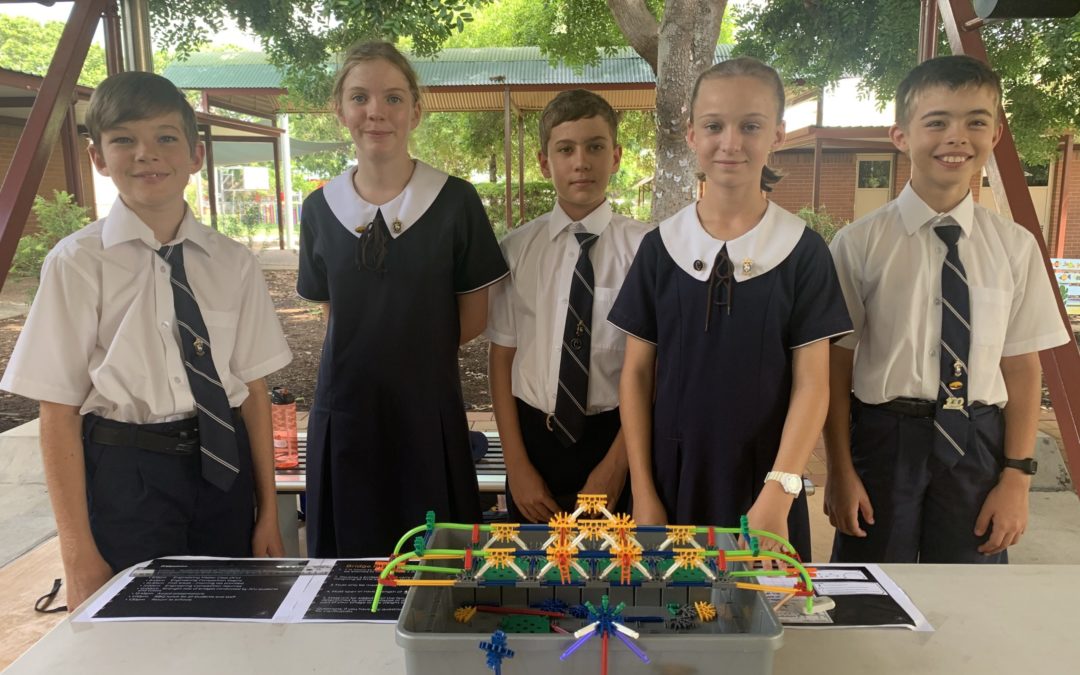
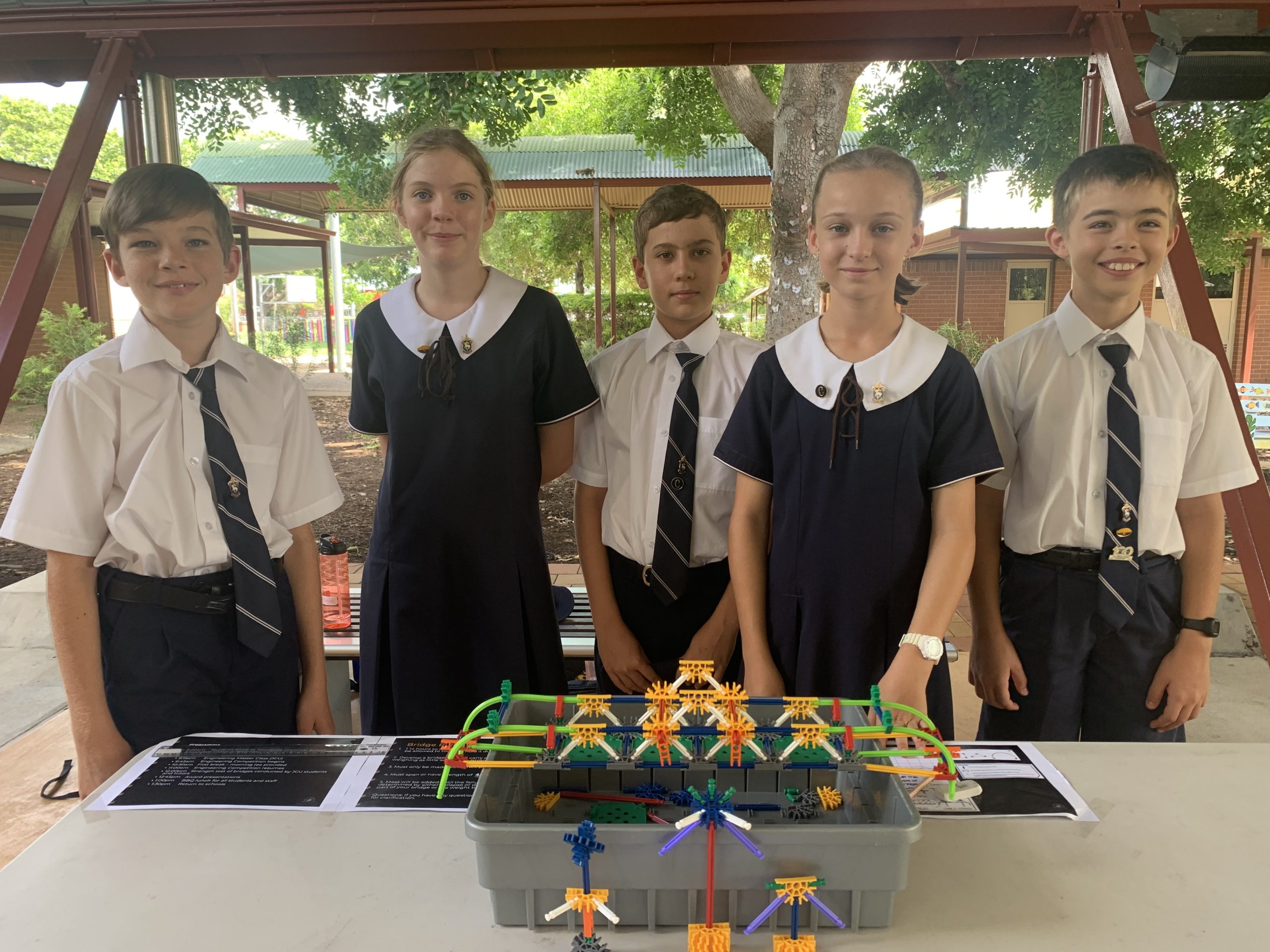
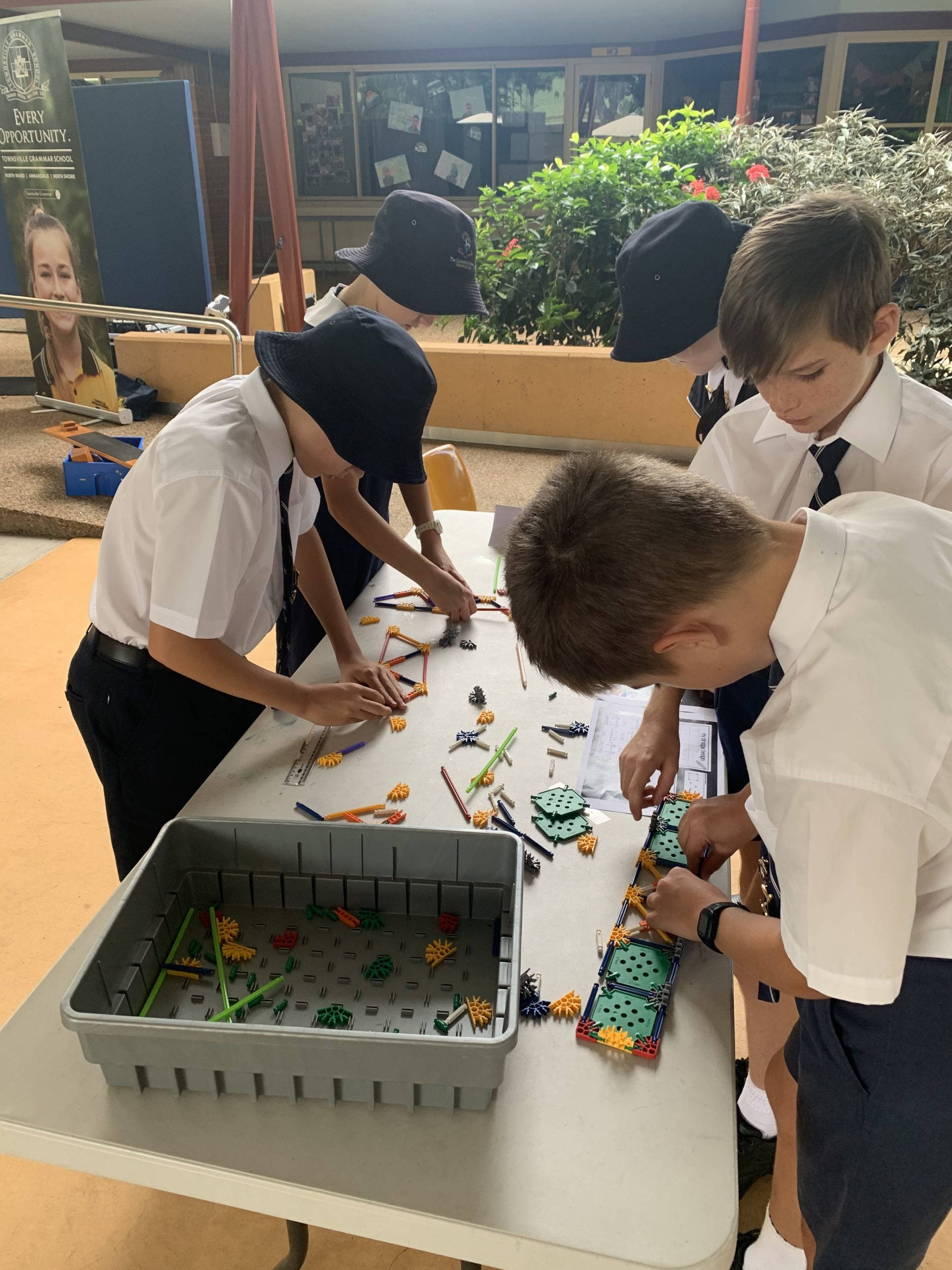
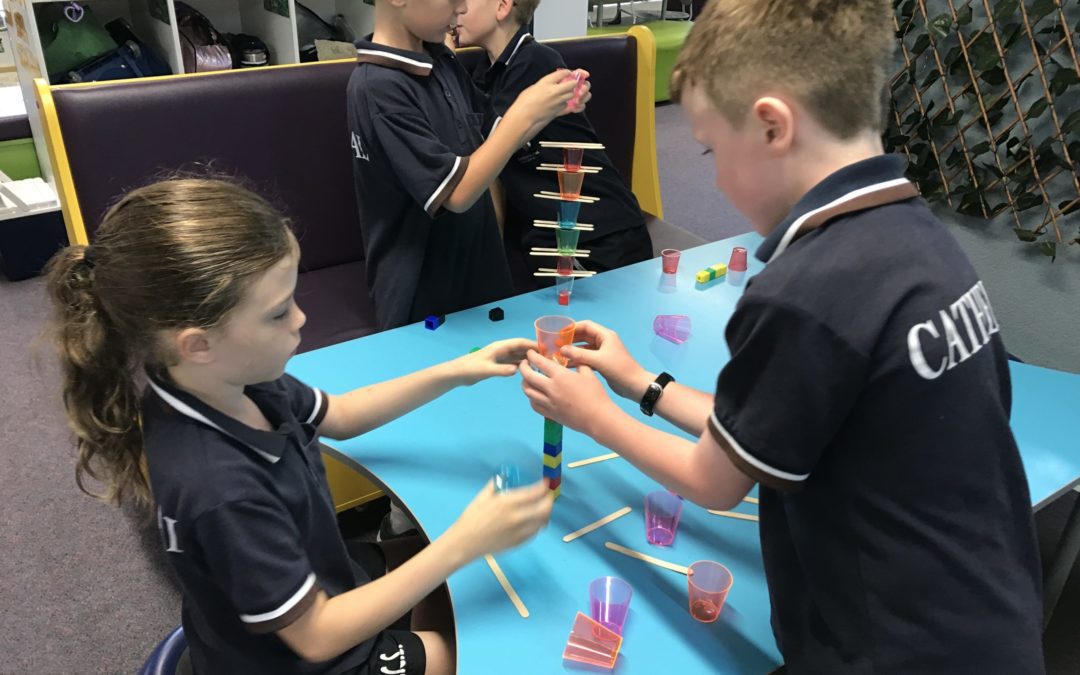
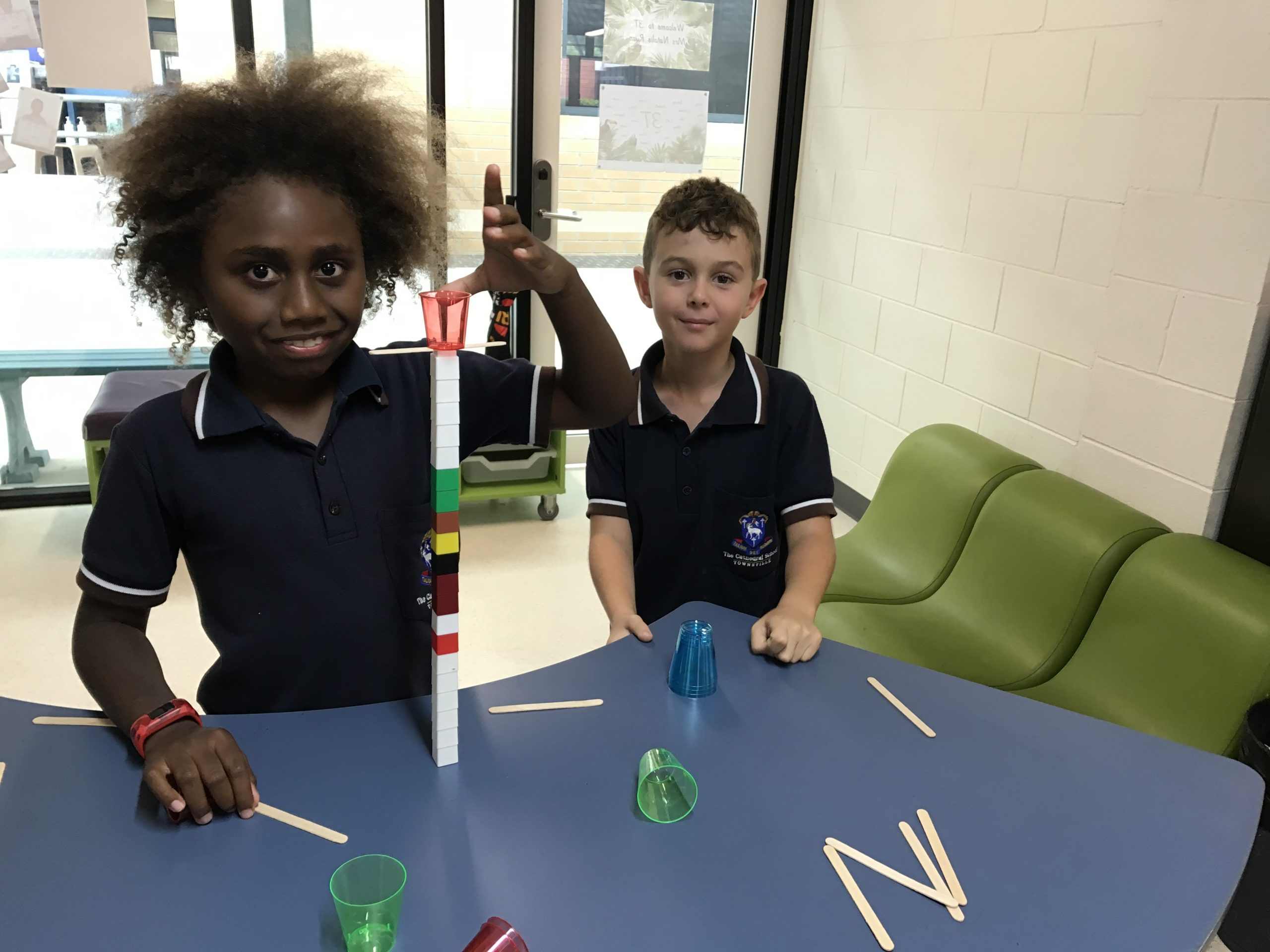
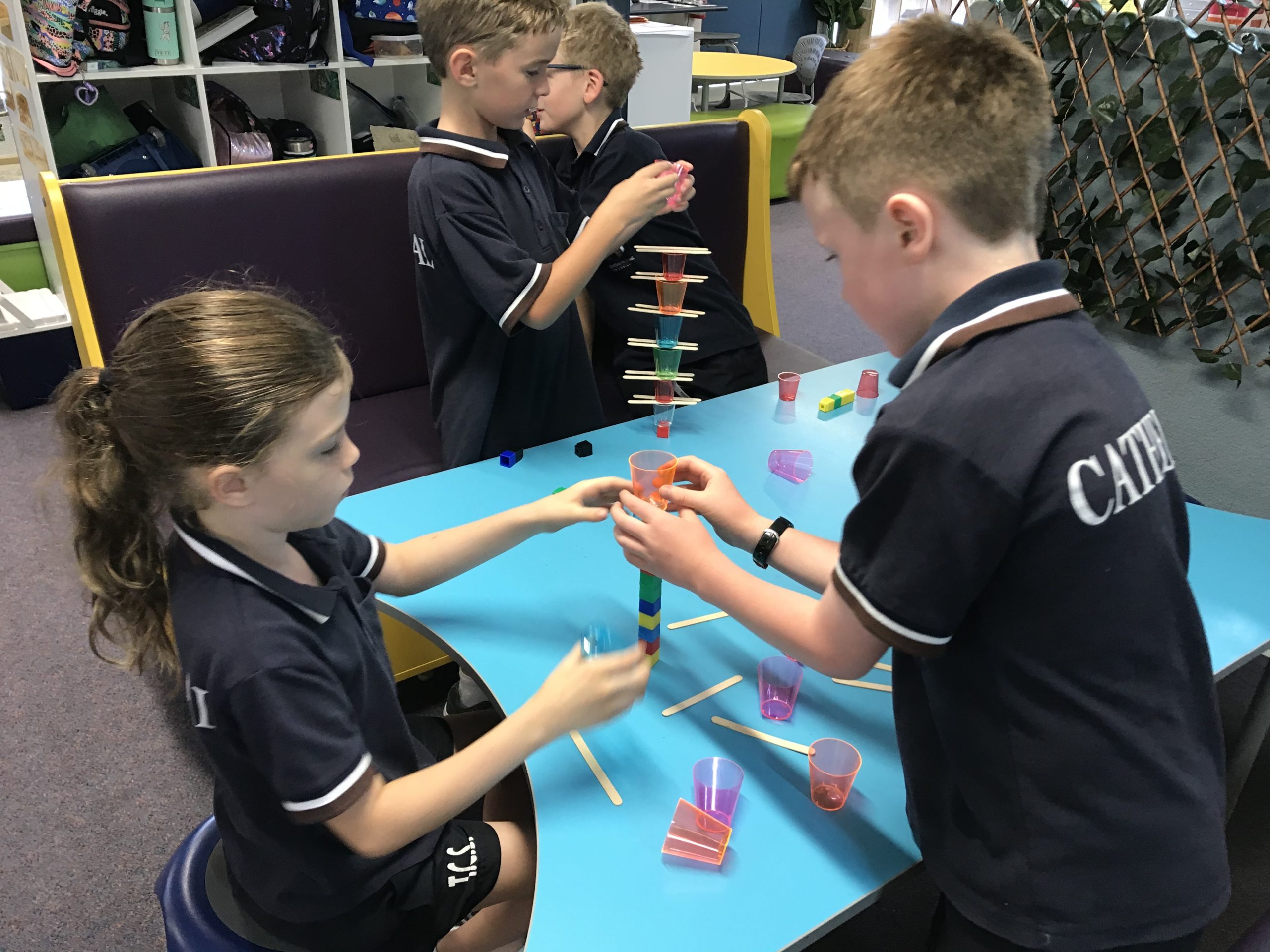
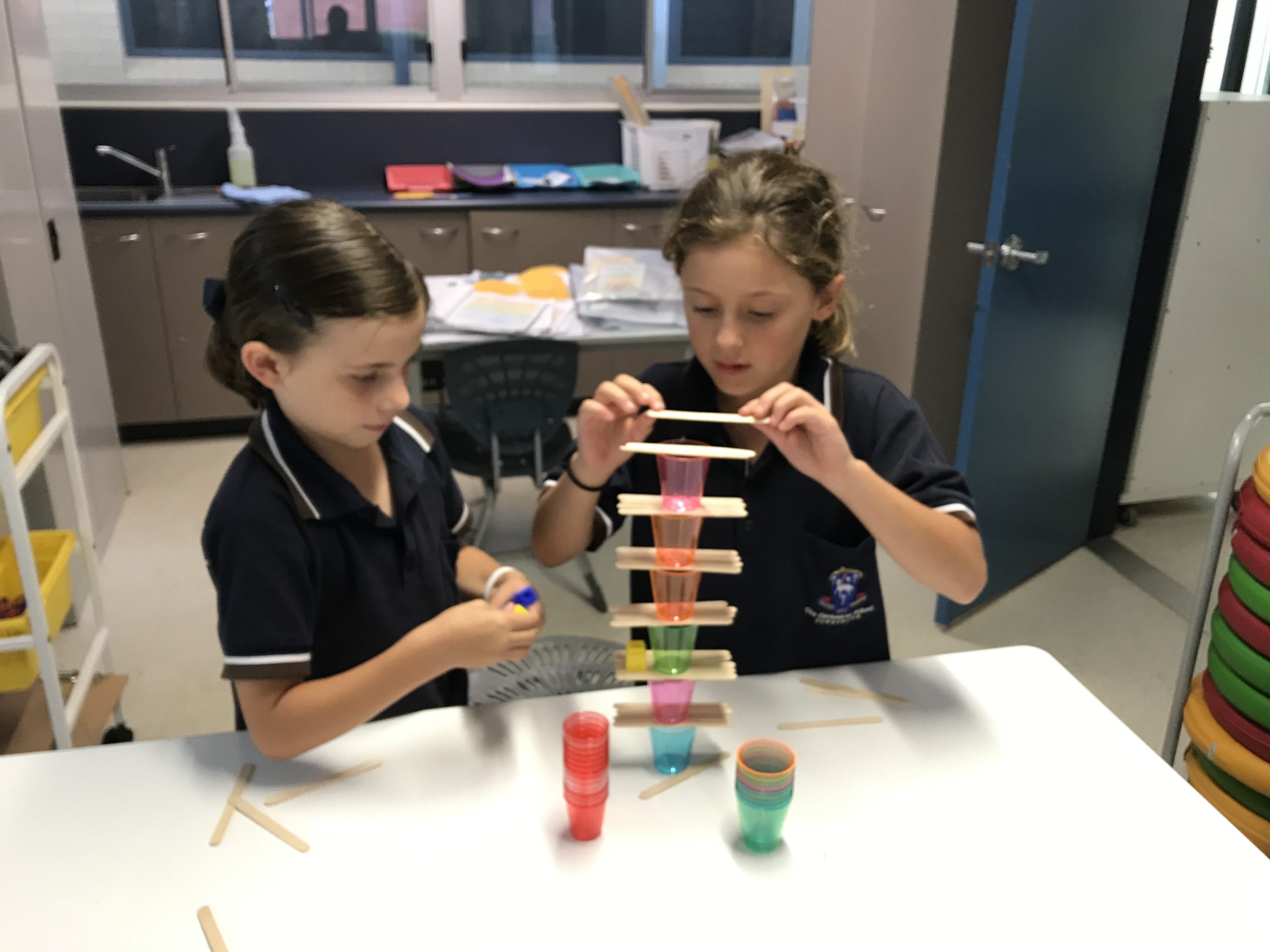
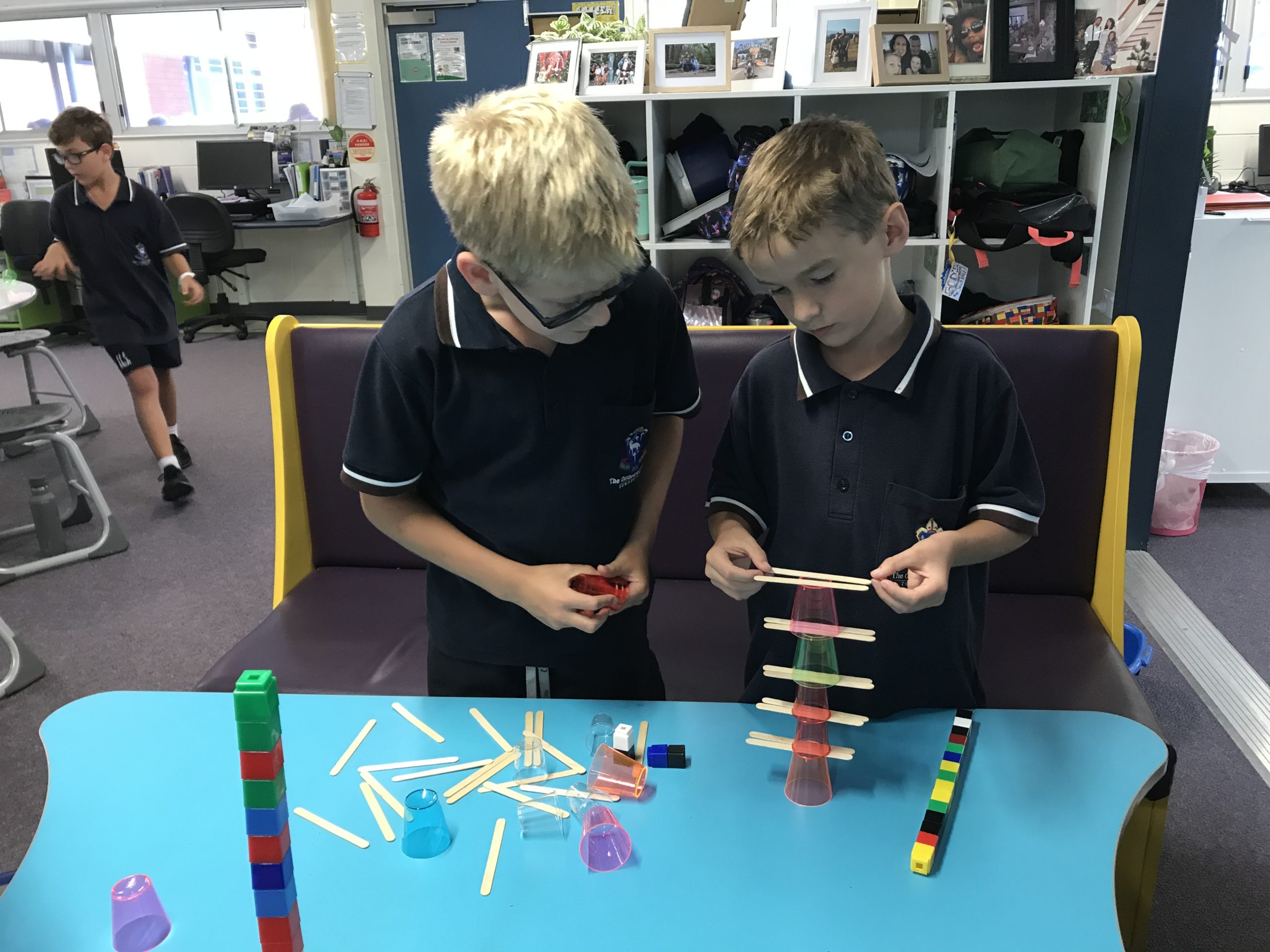
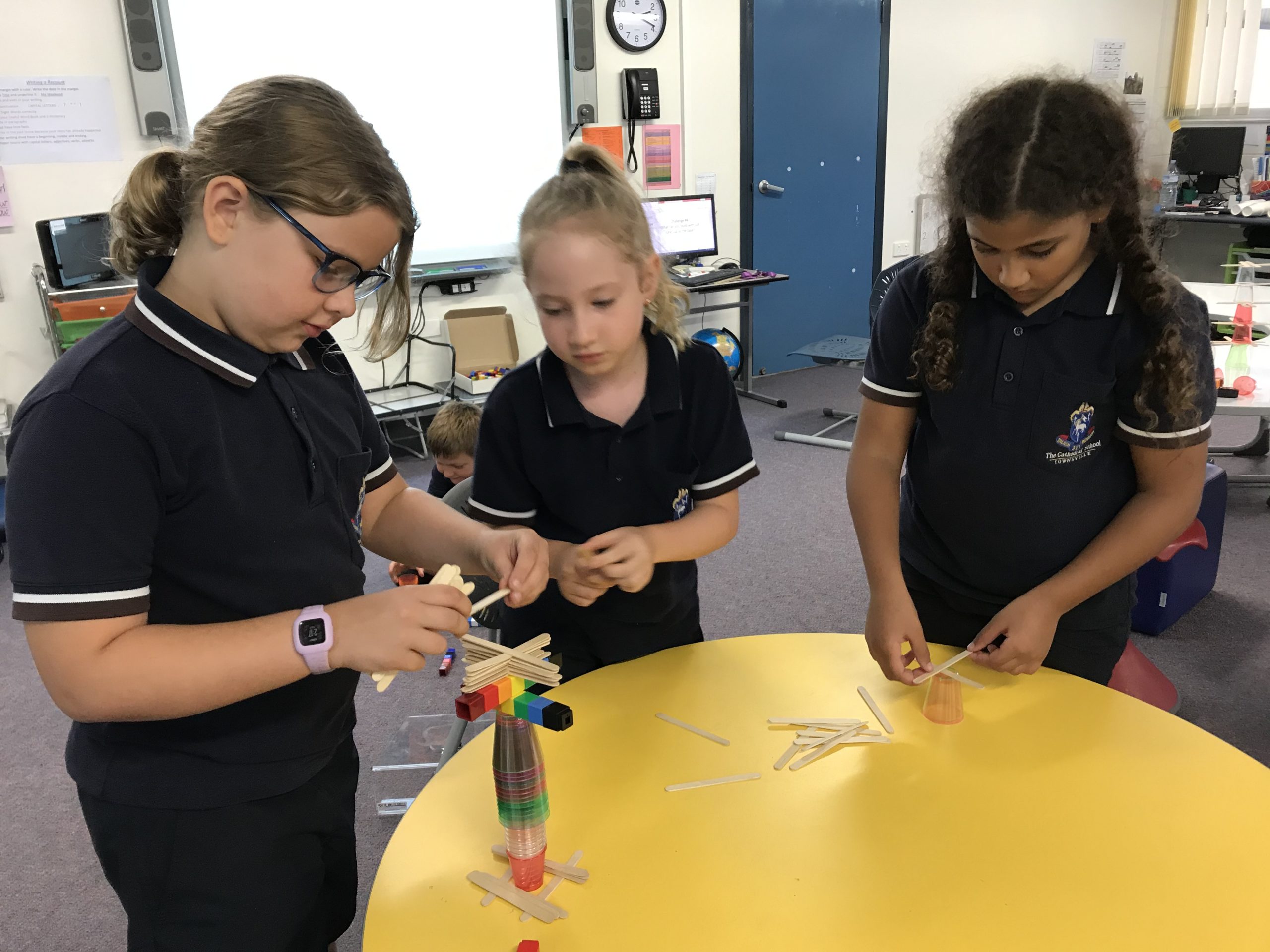
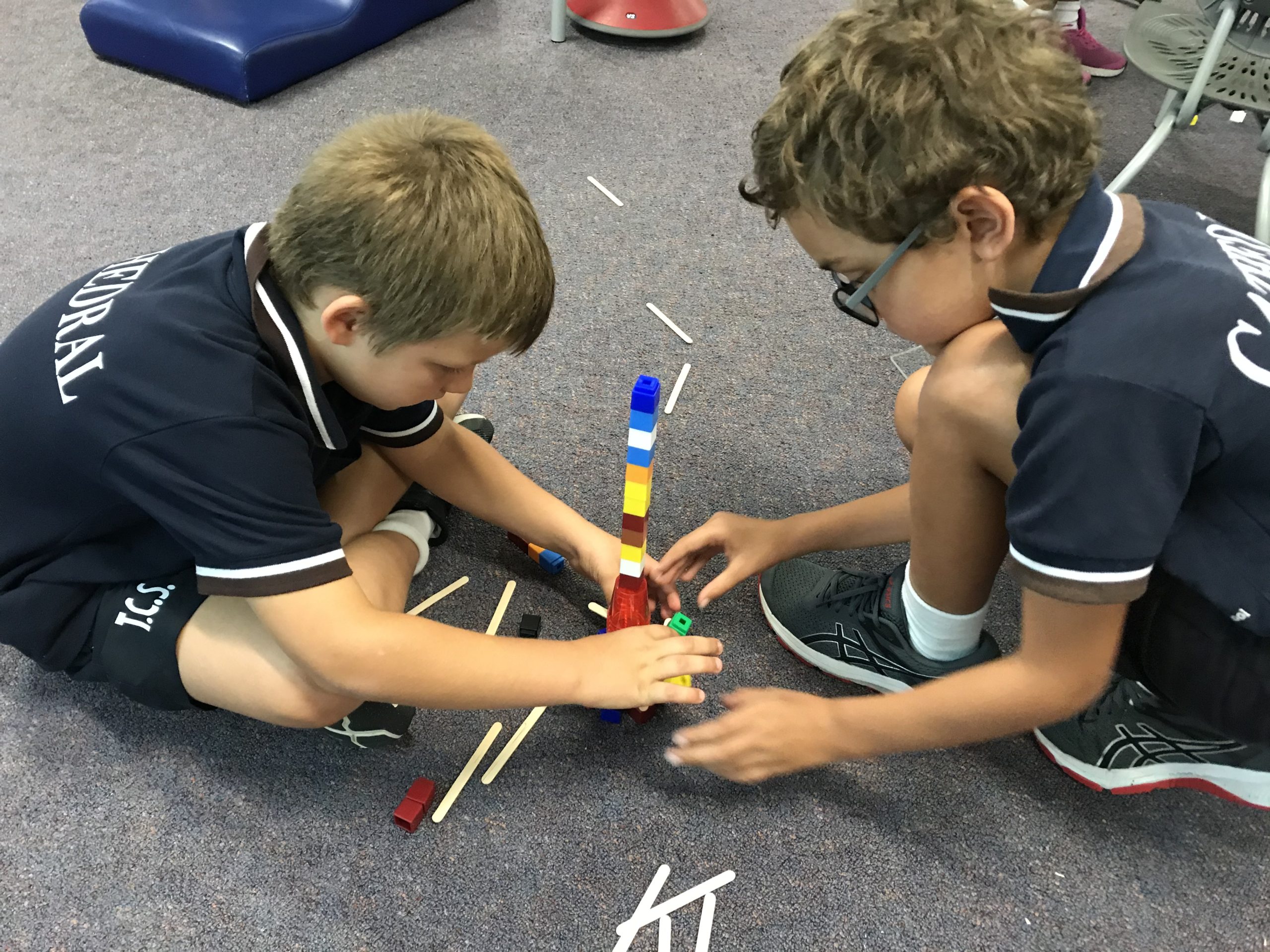
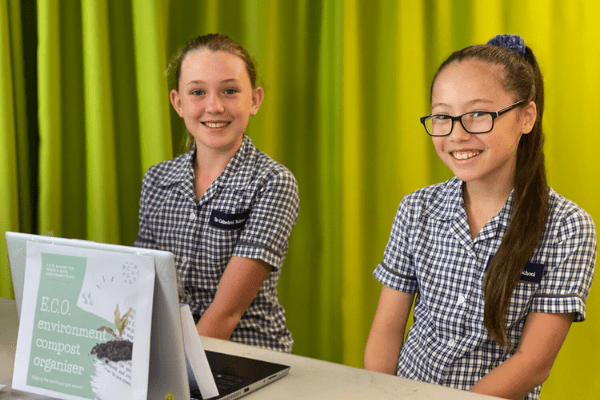
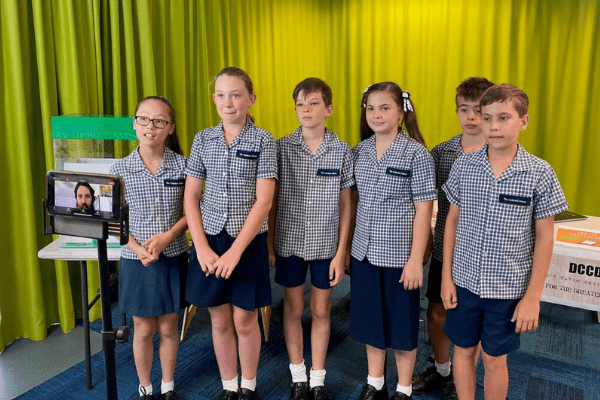 The competition’s alignment with the school curriculum enables students to apply what they learn in their ICT/Digital Technologies classroom to develop a technology related project of their choice. At the judging event, students have the opportunity to present their project to a judging panel of academia, industry partners and ICT professionals. Each project is assessed on the criteria of creativity, uniqueness, quality, level of difficulty and project documentation. Young ICT Explorers.
The competition’s alignment with the school curriculum enables students to apply what they learn in their ICT/Digital Technologies classroom to develop a technology related project of their choice. At the judging event, students have the opportunity to present their project to a judging panel of academia, industry partners and ICT professionals. Each project is assessed on the criteria of creativity, uniqueness, quality, level of difficulty and project documentation. Young ICT Explorers.
